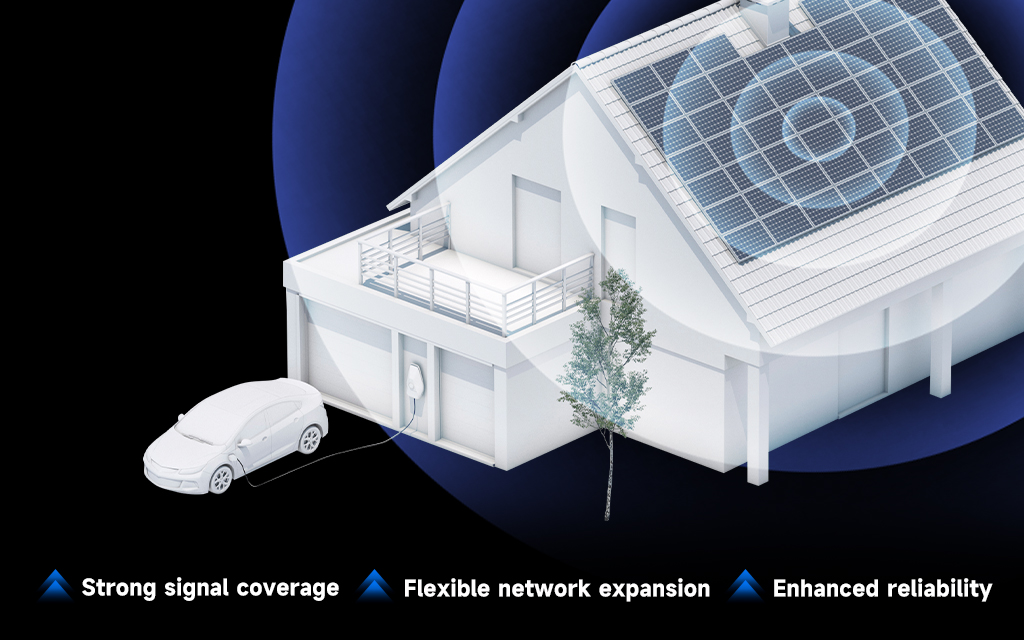Homeowners seeking to maximize their solar investment are increasingly turning to advanced components that enhance system performance and reliability. The micro inverter plays a pivotal role in this context, serving as a key element that optimizes energy harvest from each solar panel. Unlike traditional systems, a micro inverter operates independently per panel, mitigating issues like shading or module failure that can impact overall output. This article examines two critical technological advancements in micro inverter design that contribute to superior solar efficiency and user satisfaction.
Superior Connectivity for Uninterrupted Monitoring
A significant advantage of contemporary micro inverter systems is their robust communication capabilities. Technologies such as iMesh-powered networks enable seamless data transmission across long distances, even penetrating multiple walls without signal loss. This ensures that homeowners can monitor the real-time performance of each panel through mobile apps or online portals, receiving immediate alerts for any issues. For installers, this connectivity simplifies maintenance and troubleshooting, reducing site visits. The ability of a micro inverter to maintain a stable connection enhances the overall reliability of the solar array, ensuring consistent energy production and peace of mind for users. Products like the HYXiPOWER micro inverter incorporate these features to support efficient system management.
Optimized Performance in Challenging Light Conditions
Another key benefit of modern micro inverter technology is its ability to operate effectively under low-light scenarios. With an ultra-low startup voltage, such as 20 volts, these inverters can begin generating power early in the morning or late in the evening, as well as during cloudy weather. This extends the daily energy production window, maximizing the solar system’s output and improving return on investment. The micro inverter’s design ensures that even in suboptimal conditions, each panel contributes efficiently, reducing energy waste. This capability is particularly valuable in regions with variable weather, where a micro inverter can make a substantial difference in annual energy harvest.
Paving the Way for Smarter Home Energy Management
The integration of advanced connectivity and low-light performance in micro inverter systems represents a significant leap forward in residential solar technology. These features not only improve energy yield but also enhance the user experience through reliable operation and easy monitoring. As solar adoption grows, the micro inverter will continue to be a cornerstone of efficient and resilient home energy solutions. For consumers and installers alike, prioritizing these innovations ensures long-term benefits and supports the transition to sustainable living.
